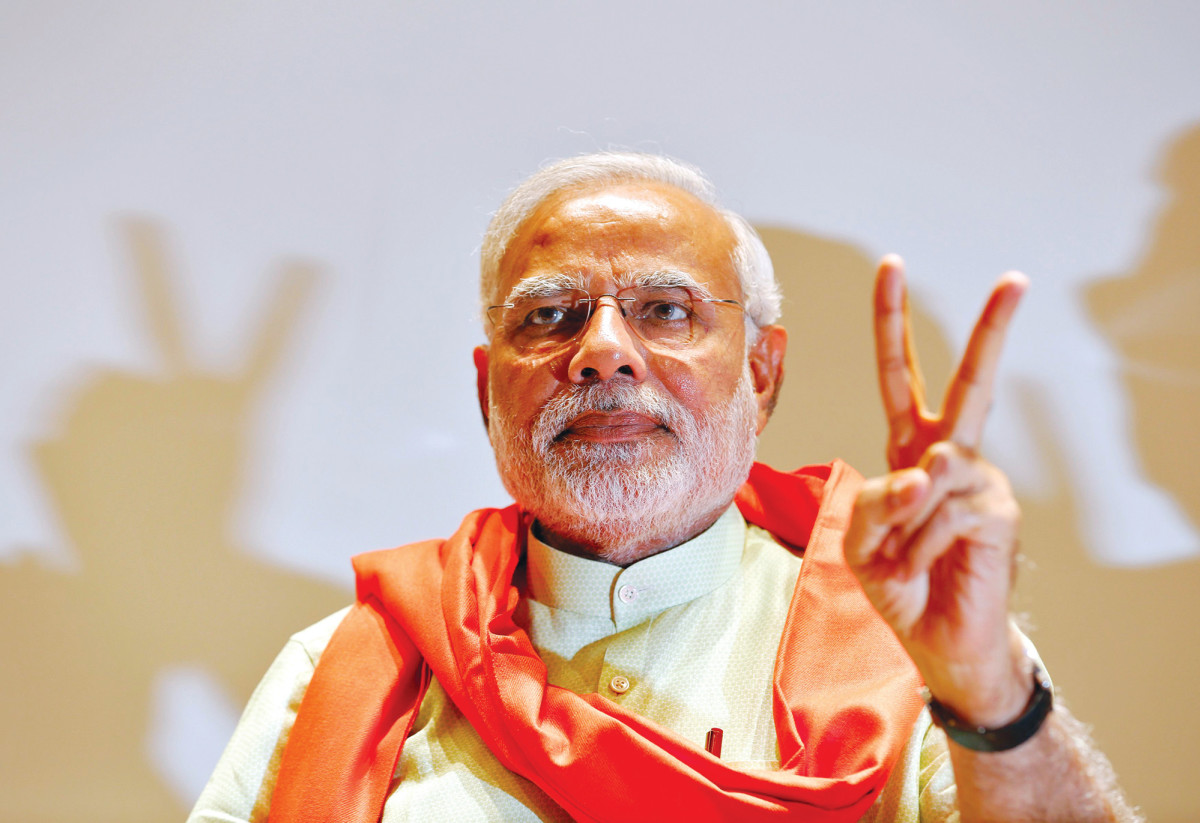Modi, the Indian Prime Minister who once sold tea as a child in Gujarat, has been a dominant figure in Indian politics for the past decade. His charismatic personality and Hindu nationalist ideology have overshadowed many in his party and even the Rashtriya Swayamsevak Sangh, his ideological parent group. However, with concerns about a possible slide into authoritarianism under his leadership, there are fears that he may not be able to maintain his dominance in Indian politics.
Throughout the campaign, Modi stood out with his promises to change the lives of India’s 968 million voters. He has been heavily reliant on his Hindu nationalism to maintain power, but some critics believe that he has become bigger than the party itself. In a democratic system, it is important that a party always be bigger than the candidate.
Yogendra Yadav, a psychologist and founder of a small political group opposed to the BJP, expressed concerns about Modi dropping below the majority threshold. There are worries about his authoritarian tendencies and how they may impact India’s democracy if he is unable to maintain his hold on power. Despite these concerns, Modi remains confident in his ability to lead India forward and continues to make promises to improve the lives of its citizens.



